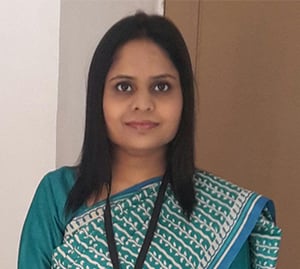In a powerful example of leadership meeting local heritage, District Collector Anjali Rajoria (IAS) is scripting a new chapter of women-led economic empowerment in Dausa by transforming age-old traditions into thriving livelihood opportunities.
From Ritual to Revenue: Redefining ‘Badhaai Geet’
In rural Rajasthan, Badhaai Geet—traditional songs sung during auspicious occasions—have echoed through generations. But under DC Rajoria’s visionary leadership, these songs are no longer confined to ceremonies. Instead, they are becoming a tool for social upliftment, especially for women from underprivileged communities.
The administration has trained and formed cultural groups of women artists who now perform these songs at government events, public functions, and community gatherings—offering them both recognition and remuneration.
“We want to preserve our heritage while also making it economically viable for women,” said DC Anjali Rajoria. “These women are not just performers now—they are professionals, ambassadors of our cultural wealth.”

A Model of Inclusive Governance
Beyond promoting folk arts, Rajoria’s initiatives include financial literacy sessions, access to government schemes, and skill development workshops. The result? A new-found confidence among women who were once restricted to the margins of society.
Her approach combines grassroots engagement, cultural preservation, and financial inclusion—turning intangible heritage into a tangible source of income for dozens of rural families.

A Vision Rooted in Tradition, Driven by Progress
Whether it’s reviving Badhaai Geet or ensuring women have access to self-help groups and microfinance, Anjali Rajoria is redefining how district administration can be both modern and mindful of tradition.
Dausa’s quiet transformation stands as a beacon of hope—a story of how one officer’s creative thinking and empathetic leadership are changing lives, note by note.


